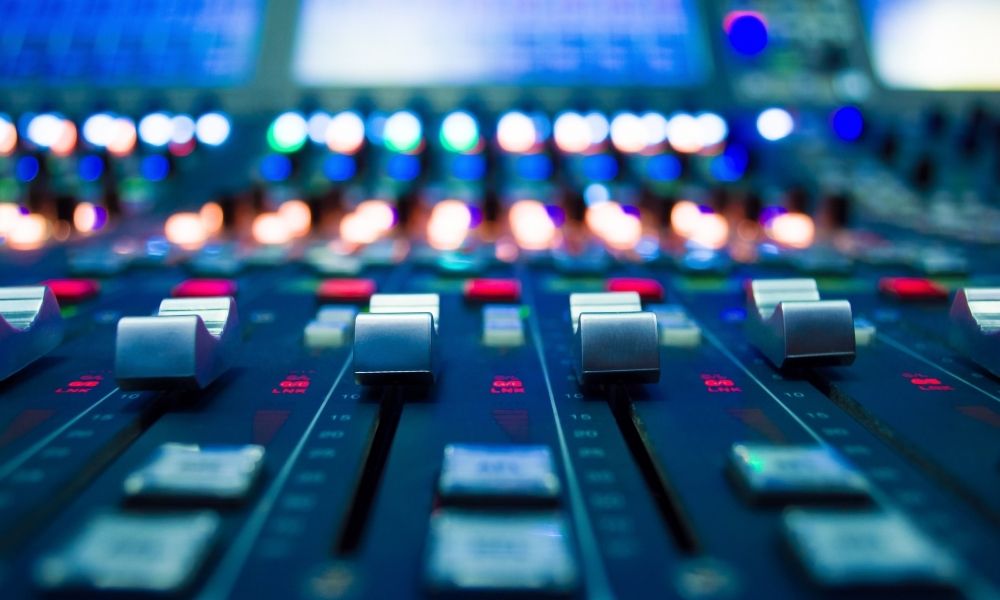Just like any classical musician, a DJ must fully understand the instrument they work with if they want to improve their craft. In the case of a DJ, that means understanding how to work on your mixes to make them sound as clear and crisp as possible. Many DJs can become frustrated when they first start out because their mixes just don’t seem to sound like the mixes made by their idols. Although nothing will substitute good old-fashioned practice if you want to improve, we do have a few audio mixing tips to take your sound to the next level.
Trim Away Dead Sound
Depending on the audio tracks you use for your mix, you may end up with tracks that have a lot of dead sound in them. You can think of dead sound as part of a track that was somehow recorded even though there was very little to no actual audio signal to record. You usually see these as flat lines on the visual representation of the track. Removing these dead sounds can give your mix a much cleaner finish, as there won’t be as much ambient noise clogging up the mix.
Normalize Individual Sections of the Mix
Normalizing an audio mix is common as a way to boost the sound level. Many beginner DJs don’t do much more than selecting their entire mix and hitting the “normalize” button on their program of choice. While you can do this, the high and low points of sound throughout the track will often cancel each other out, making the normalization not as effective. If you want to use more professional DJ mixing techniques to give your mixes a better sound, go through your mix and manually normalize small sections of it that have abnormally high or low sounds. Individually normalizing sound levels can make even beginner DJs sound like pros.
Smooth Out Peaks in the Audio
When you have peaks in your audio, it can make the sound quality of the mix much less stable. You’ll have random sections in the mix that will peak and sound unpleasant on most speakers. Your best bet is to go through your entire mix and find the points where the audio peaks. Once you find those peaks, you can start to smooth them out so that they match the surrounding audio’s levels instead. This will make the mix much more cohesive and feel less like it was stitched together.
Use Compression Sparingly
Compression is a must-know DJ mixing tip for creating a good mix, but too much of it can make your mix sound overproduced and reduce the overall quality. Someone has already processed the music you use in your mix, meaning that compressing it further can start to distort the sounds and reduce the overall quality of the mix. If you’re looking for an electronic music mixing tip to work around it, go easy on the compression. You’ll have a better sounding mix without distorting any sound.
Now that you know these audio mixing tips, you’re ready to book a DJ rehearsal studio to prepare for your next gig, look to Band Barracks LLC. We have everything a DJ needs to practice and produce incredible mixes, and experienced music professionals on staff who can help you achieve the best sound possible on your next track.

